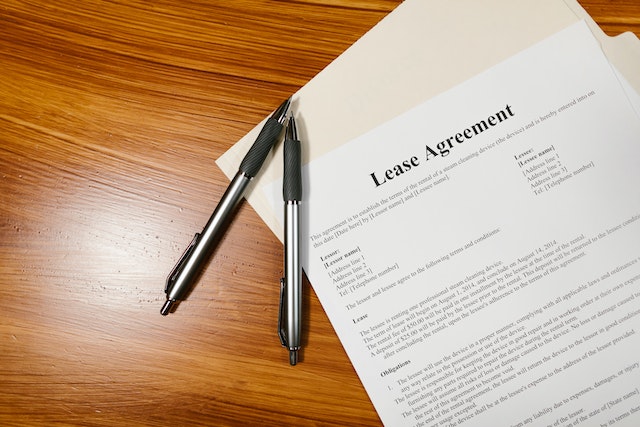One of the most common questions asked by landlords is if tenants can withhold rent. The answer is yes. In fact, withholding rent is a legal option for tenants in many states.
As with any landlord-tenant laws, landlords must be familiar with rent withholding and why tenants do it.
In this article, I give you a rundown of how to deal with tenants withholding rent.
Why Tenants Withhold Rent
Rent withholding is a common negotiation tactic used by tenants. Doing so prompts landlords to act on the tenants’ issues about the property, such as paying for the costs of repairs or deducting the amount from the rent.
In short, rent withholding means refusing to pay rent until the landlord corrects the issue.
State laws on withholding rent are generally tenant-friendly, but tenants cannot just opt to withhold rent whenever they want.
The grounds must be reasonable, and they have to comply with three basic things for it to be a valid withholding: the notice requirement, the grace period, and the manner of withholding.
A Landlord’s Guide to Rent Withholding
Any landlord should take rent withholding seriously. Not only does this ensure you take care of your tenants, but it also certifies that you abide by the state laws.
You shouldn’t take violations or liabilities lightly, as some can be reasons for you to get sued or have to pay up to triple in damages.
You should also consult a professional who is well-versed in the grounds and processes involved with withholding rent, such as a property manager who has been in the business with a considerable amount of experience.
In the event that your tenant withholds rent, and you have to go to court, you can prove that you did everything right from your side. Here are some major points to remember.
Rent withheld must be in either court or escrow
Just because they choose to withhold their rent does not meet they get to keep the money to themselves. Some states require withheld rent payments to be made to the local court.
But in my home state of Massachusetts, the rule is to put the rent withheld in an escrow account.
If the tenant withholds 500 dollars, they have to take that rent and put it into a separate escrow account for safekeeping until their landlord corrects the issue.
When the problem is resolved, they have to pay the money from the escrow account to the landlord. Technically, they can’t withhold rent if they do not do it.
Reason to withhold must fall under habitability issues

Tenants can’t withhold rent simply because they don’t like their landlord. They also just couldn’t claim they are not happy with your property: they must specify the issue making them unhappy with it.
State laws include health and safety standards, often referred to as a “warranty of habitability.” Warranties are responsibilities usually divided between landlords and tenants and specified in the lease agreement.
These are the common warranties of habitability that a landlord must provide to guarantee that their property will be a safe, sanitary, and livable home for tenants:
- Air Conditioning / Heating Systems
- Leaks
- Defective Windows and Appliances
- Trash Disposal
- Remediating Molds
- Dealing with Pests
The Landlord Tutor Promise
I have been in the real estate industry for over 20 years, managing 800+ properties. As your Landlord Tutor, I can guide you through landlord-tenant laws and concerns.
If you or anyone else you know is looking where to learn how to deal with issues like tenants withholding rent, join the Landlord Tutor community and sign up here.




